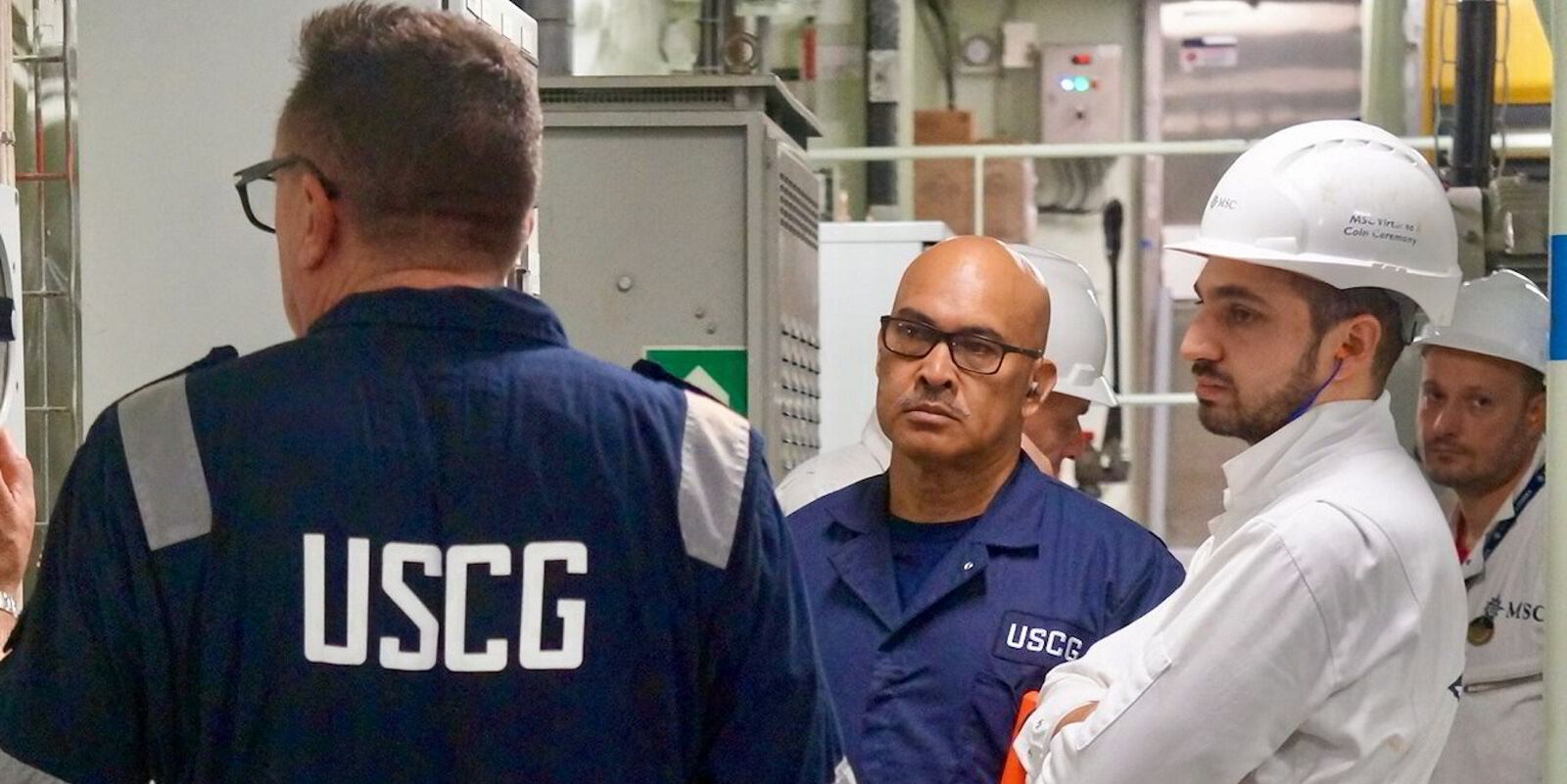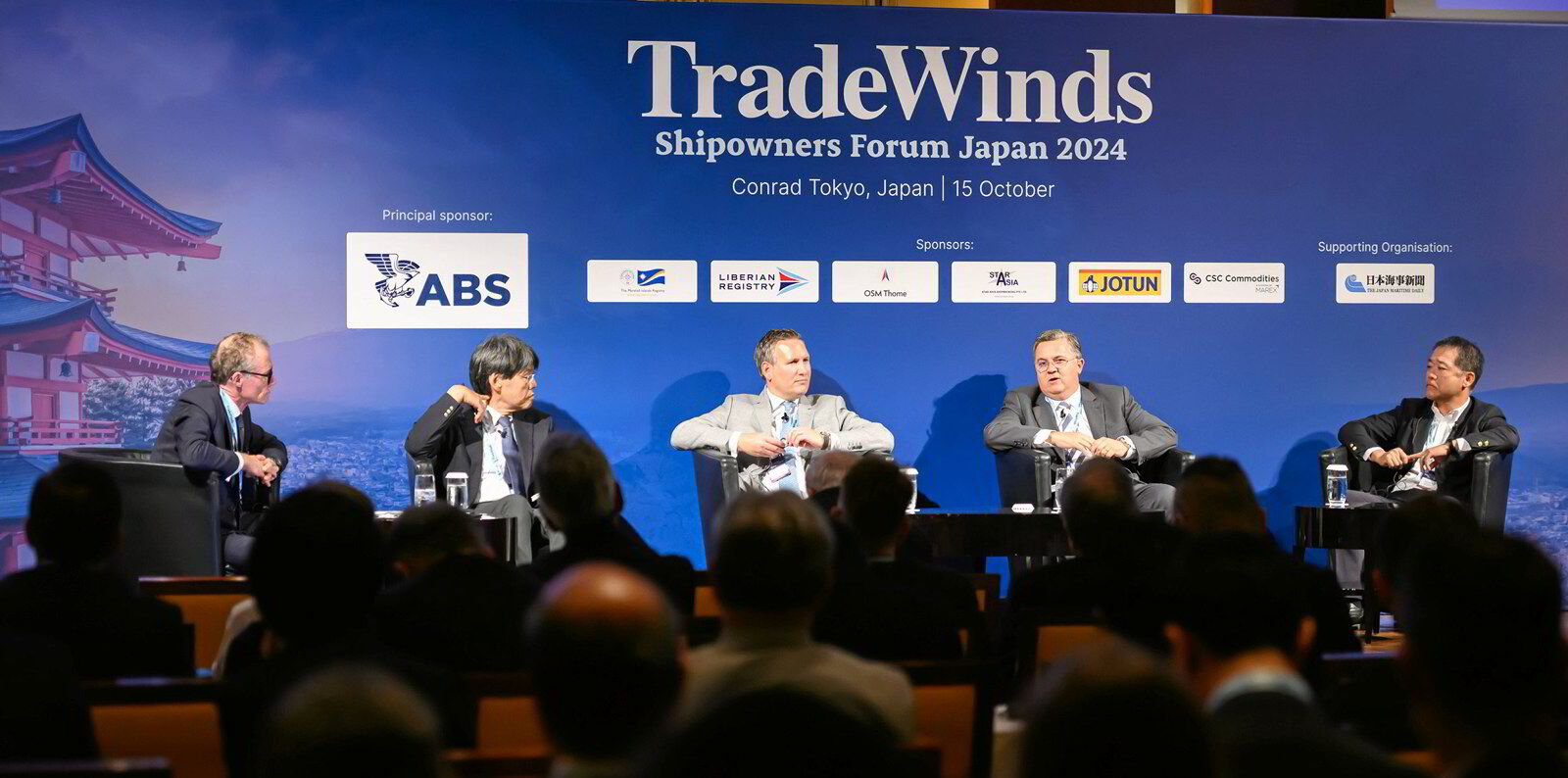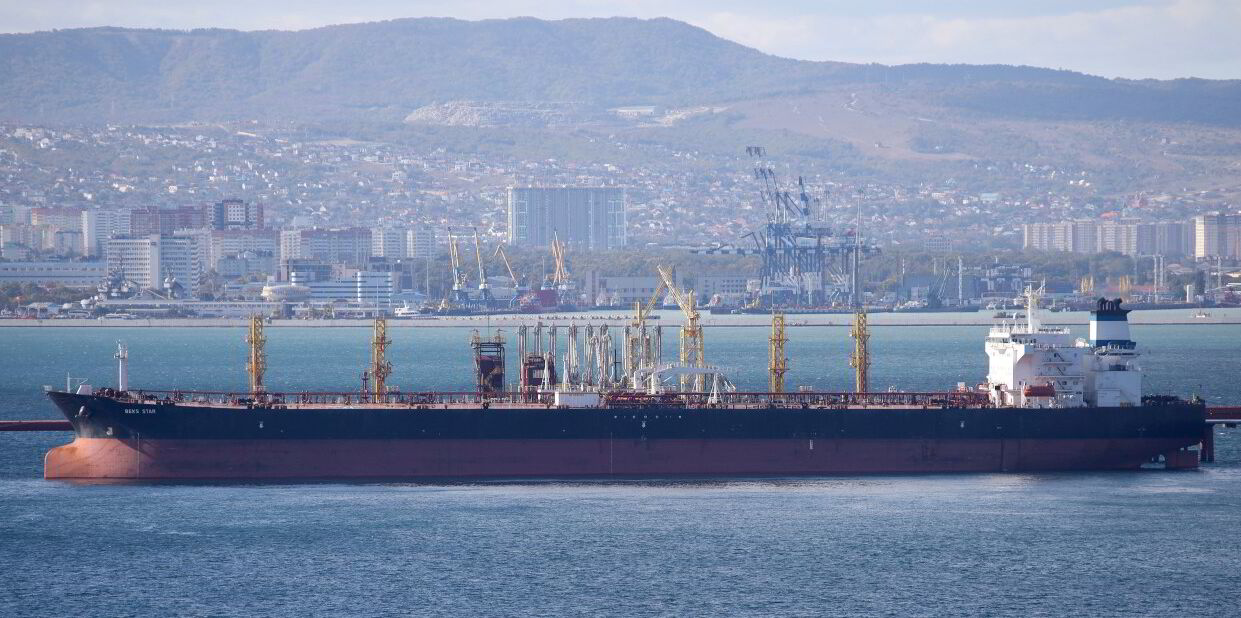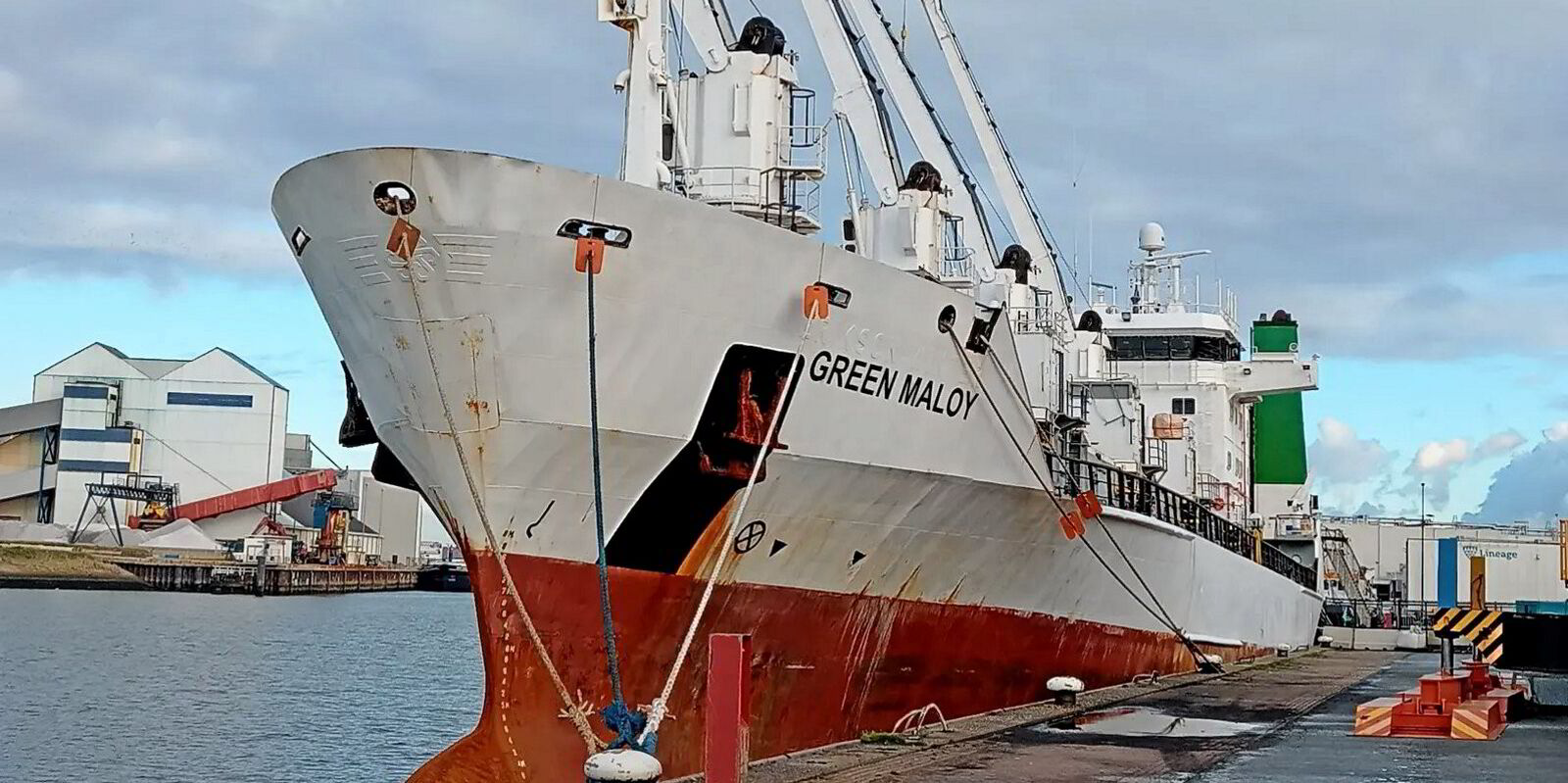The US Coast Guard held two bulkers, a tanker, a ro-ro and an offshore vessel in its latest list of detentions, including a ship whose main engine could not be operated from the bridge or the engine control room.
Vessels controlled by Campbell Shipping, Seaworld Management & Trading and Minsheng Financial Leasing were among those held after safety inspections in September.
Seaworld’s Radiant Pride
In Houston, Texas, inspectors detained the 73,400-dwt Radiant Pride (built 2007) on 29 September for several safety deficiencies.
The Liberian-flag LR1 product carrier is controlled by Seaworld of Greece, which also serves as its technical manager.
Among the deficiencies, the Coast Guard cited the ship for an issue with main engine propulsion, noting that a port state control officer observed that the engine was inoperable from both the bridge and the engine control room.
“The crew states they have been operating the main engine from the local (emergency) platform since June,” the agency said. “This condition has been reported to company without rectification.”
The deficiencies included maintenance of the ship and its equipment, oil accumulation in the engine room and electrical issues.
The ship is classed by American Bureau of Shipping, although the Coast Guard said it was not a classification-related detention.
Tracking data shows the tanker left the port of Houston on 3 October, before remaining at anchorage off the Texas coast until 17 October.
Seaworld did not respond to TradeWinds’ requests for comment.
Read the full inspection report here.
Minsheng’s Guo Yuan 12
An inspection report published on Monday showed that Minsheng’s 76,000-dwt Guo Yuan 12 (built 2011), whose technical manager is Shanghai Fujian Guohang Ocean Shipmanagement, was detained on 20 September on the Columbia River for a deficiency related to its safety and environmental policy.
“The company should establish procedures to ensure that the ship is maintained in accordance with the provisions of the relevant rules and regulations established by the company,” the Coast Guard said.
“The technical and operational nature of the deficiencies noted below provide objective evidence of a serious failure of the implementation of the ISM [International Safety Management] Code.”
The agency required an external audit report before it would clear the vessel for departure.
Tracking data from VesselsValue shows the Chinese-flag bulker departed the US West Coast two days later.
The ship is classed by the China Classification Society, although the Coast Guard said it was not a classification-related detention.
Minsheng, a major Chinese financial lessor, did not respond to an email seeking comment on the detention.
Read the full inspection report here.
Campbell’s CS Candy
In Los Angeles, Campbell Shipping’s 37,500-dwt CS Candy (built 2012) was detained on 24 September for several deficiencies.
They included maintenance of the ship and equipment after an inspector found evidence that the bulker failed to fully implement the ISM Code, requiring an audit before departure.
Other deficiencies included oil and oily water accumulation in the engine room and problems with the rescue boat.
Tracking data shows the vessel left Los Angeles on 5 October.
The ship is flagged in the Bahamas and classed by Lloyd’s Register.
Bahamas-based Campbell Shipping did not immediately respond to an email seeking comment.
Read the full detention report here.
Hydra Offshore’s Subsea Responder II
Hydra Offshore Construction’s 2,623-dwt multipurpose support vessel Subsea Responder II (built 2000) was detained in Port Arthur, Texas, on 4 September for problems with its emergency generator and shipboard operations.
“The company should establish procedures to ensure the ship is maintained in conformity with the provisions of the relevant rules and regulations,” the Coast Guard said.
“The vessel’s crew was unable to provide SMS procedures upon request and were unfamiliar with the vessel’s Safety Management System.”
This and the “technical and operational nature of the deficiencies … provide objective evidence of a serious failure of implementation of the ISM Code”.
The Marshall Islands-flagged ship is classed by ABS, although the alleged deficiencies were not class-related.
Houston-based Hydra did not immediately respond to a phone call and email seeking comment. The duration of the detention is not known.
Read the full detention report here.
Marco Marine’s Marco VI
Coast Guard officials detained the 785-gt ro-ro cargo ship Marco VI (built 1970) at St Thomas in the US Virgin Islands for maintenance issues and because a second engineer could not provide a flag-state endorsement.
The one-day detention in August was only recently published.
The Coast Guard cited “a serious failure of the implementation of the ISM Code” and ordered a safety management system audit.
The vessel is owned by US Virgin Islands-based Marco St Croix and managed by Marco Marine, which declined to comment for this story.
The Togo-flagged ship is classed by the Conarina Group, although the detention was not related to classification.







